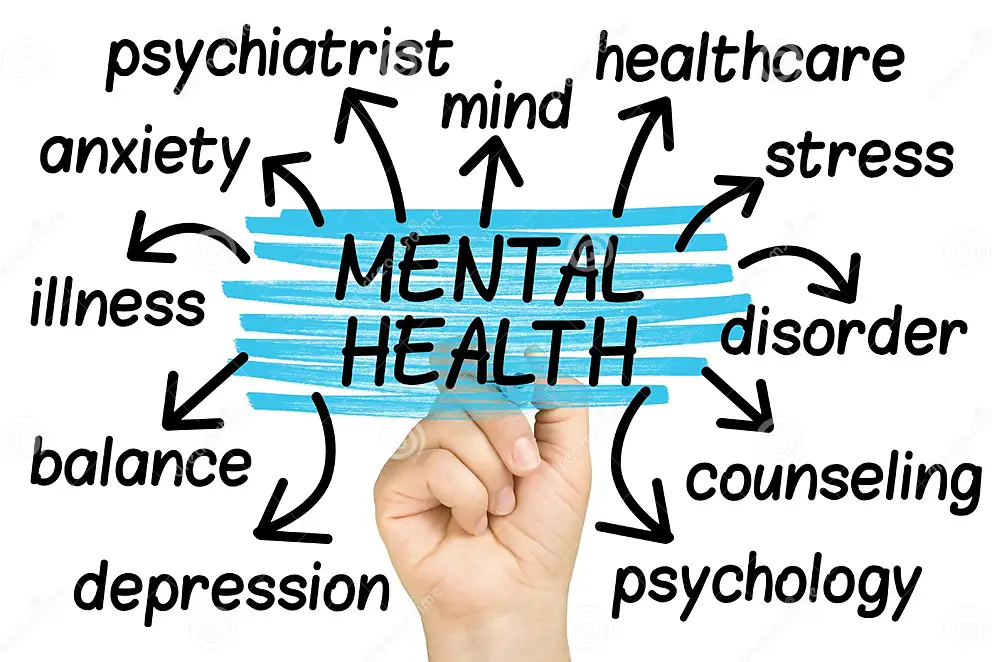Anxiety Disorders
Anxiety is a common and often misunderstood mental health condition that affects millions of people worldwide. It can manifest in various forms, each with its unique challenges. In this blog, we'll delve into the different types of anxiety disorders and provide valuable tips for managing their symptoms. If you or someone you know is struggling with anxiety, we invite you to book an appointment on our website for professional help and support.
What is Anxiety?
Anxiety is a natural response to stress, alerting us to potential dangers and helping us stay alert and focused. However, when anxiety becomes excessive, uncontrollable, and disrupts daily life, it may indicate an anxiety disorder. Here are some common types of anxiety disorders:
1. Generalized Anxiety Disorders (GAD):
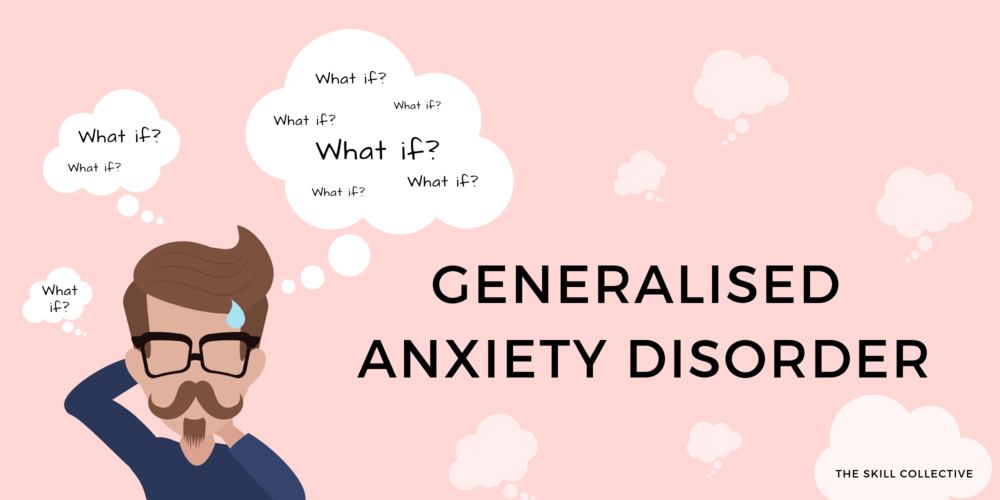
GAD is characterized by excessive worry and fear about everyday situations. People with GAD often feel anxious about various aspects of life, such as work, family, and health, even when there is no apparent reason for concern.
2. Social Anxiety Disorders (SAD):
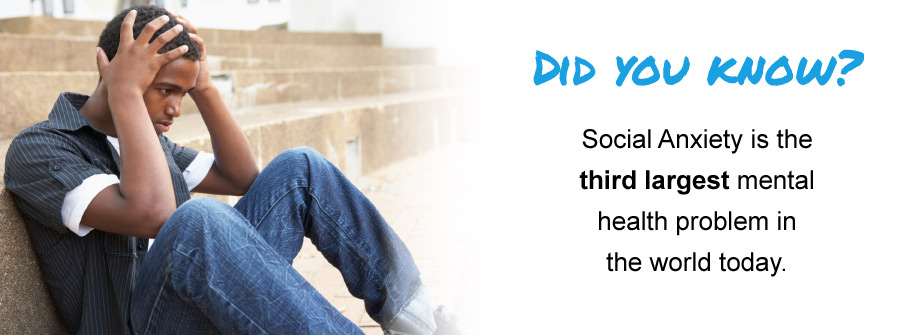
SAD, also known as social phobia, involves an intense fear of social situations and being judged or embarrassed by others. This anxiety can be so severe that it leads to avoidance of social interactions altogether
3. Panic Disorder:
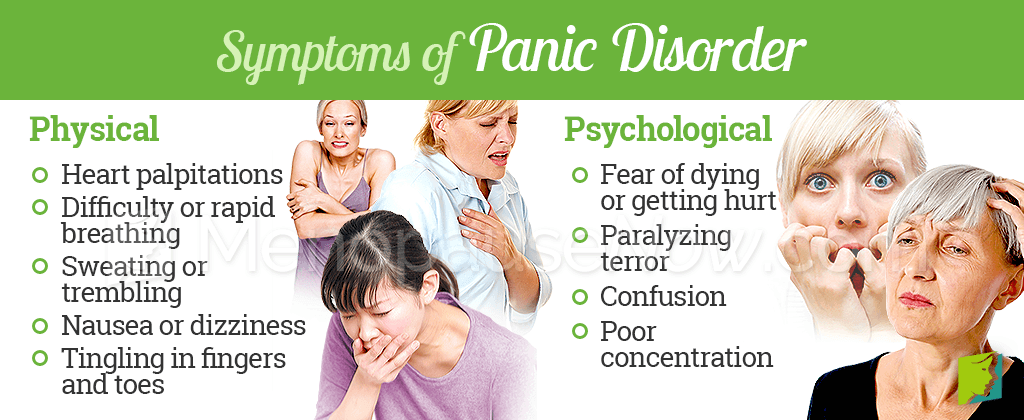
Panic disorder is marked by sudden and recurring panic attacks, which are intense episodes of fear accompanied by physical symptoms like rapid heart rate, sweating, and shortness of breath. These attacks can be debilitating and unpredictable.
4. Obsessive-Compulsive Disorder (OCD):

OCD is characterized by intrusive, distressing thoughts (obsessions) and repetitive behaviors or rituals (compulsions) aimed at reducing anxiety. Individuals with OCD often struggle to control these thoughts and behaviors.
5. Post-Traumatic Stress Disorder (PTSD):

PTSD can develop after experiencing a traumatic event. It involves symptoms such as flashbacks, nightmares, and severe anxiety triggered by reminders of the traumatic incident.
Tips for Managing Anxiety Symptoms
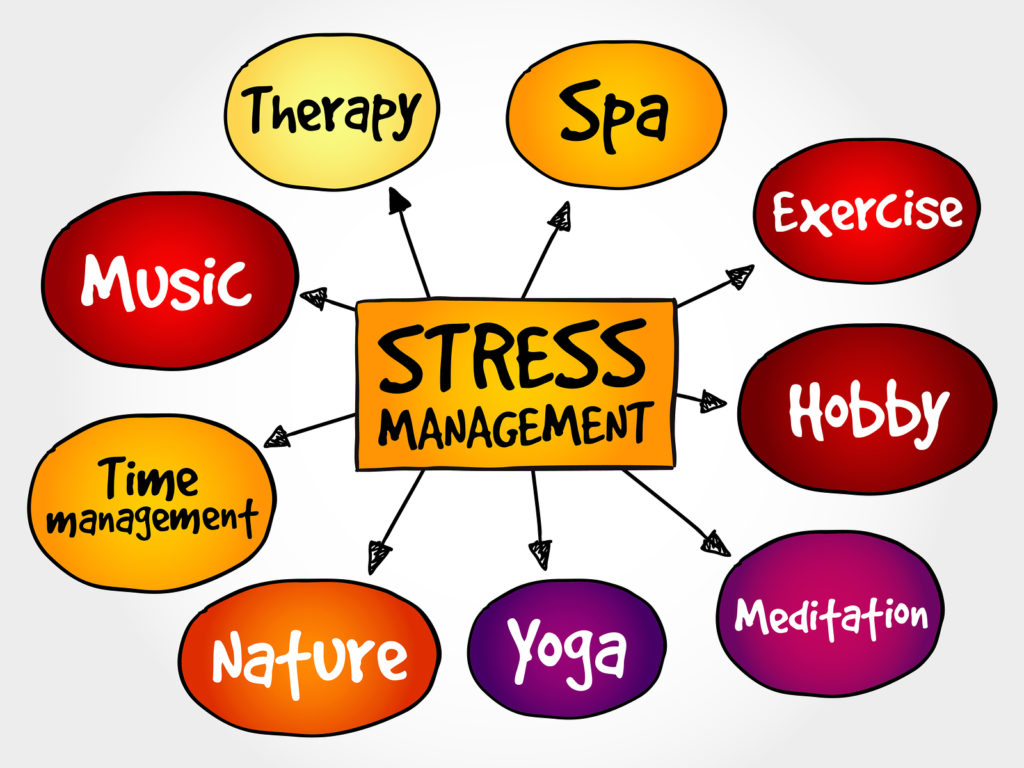
Living with anxiety disorders can be challenging, but there are effective strategies to manage symptoms and improve your quality of life:
1. Seek Professional Help: If you suspect you have an anxiety disorder, don't hesitate to reach out to a mental health professional. Therapy, medication, or a combination of both can provide substantial relief.
2. Practice Relaxation Techniques: Techniques like deep breathing, progressive muscle relaxation, and mindfulness meditation can help reduce anxiety and stress.
3. Exercise Regularly: Physical activity releases endorphins, which are natural mood lifters. Aim for at least 30 minutes of exercise most days.
4. Maintain a Healthy Lifestyle: A balanced diet, adequate sleep, and limiting caffeine and alcohol can contribute to better mental health.
5. Build a Support System: Talk to friends and family about your struggles, and consider joining a support group for individuals with anxiety disorders.
6. Challenge Negative Thoughts: Cognitive-behavioral therapy (CBT) can teach you to identify and reframe negative thought patterns.
Book an Appointment for Help
Remember that you don't have to face anxiety disorders alone. Our team of experienced professionals is here to support you on your journey to better mental health. If you or someone you know is struggling with anxiety, please don't hesitate to book an appointment on our website. You deserve the help and guidance to manage anxiety and regain control of your life. Reach out today, and take the first step toward a brighter, anxiety-free future. Anxiety disorders. anxiety disorders. anxiety disorders.

